View all filters
Clear
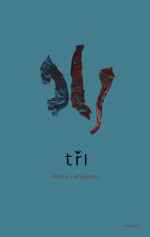
Drie!
Uccelli che cantano il futuro
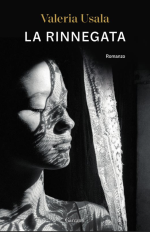
La rinnegata
A story of three generations of women, their courage and search for independence in the face of superstition and prejudice, in the spirit of Natalia Ginzburg and Elena Ferrante. In this striking debut, based on a true story, Valeria Usala bears witness to an age-old story of violence against women and takes us into the heart of rural Sardinia, where superstitions and cruelty coexist with the joys and companionship of a tight-knit community.
Teresa runs a shop and a tavern. But not even the family she has created with the man she loves can protect her from the malicious gossip of jealous locals, who are threatened by her independence. Her own mother, Maria, was made an outcast, and now Teresa is in turn forsaken by the villagers. Will she pay for her success with her life? Is she like a character in Greek tragedy, whose destiny is inevitable? A story that gives voice to the forgotten women of Sardinia—and to the one of women everywhere.
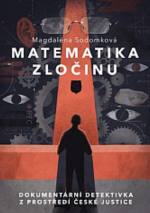
La huida (Las matemáticas del crimen)
Všechna polní i lesní zvěř
Een bom in de nacht die de bergen verlicht

De vlucht (De wiskunde van de misdaad)
Fata care aduce moartea
Revolta inversă

Trei!
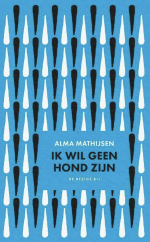
Ja nie chcę być psem
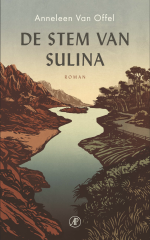
Vocea Sulinei
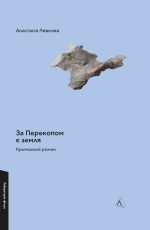
Er is nog land voorbij de Perekop

Meine Mutter hat Blumen gezüchtet (Uslovi nisu bitni)
Ljiljana D. Ćuk’s short prose dives into the depths of human emotion, exploring a strong sense of existential despair. With a direct and uncompromising style, Ćuk reveals the struggle to make peace with a world that feels broken, where every part of reality comes with an unsettling sense of disgust. Her writing gives readers a raw and intense experience, confronting the challenge of finding meaning in a universe that seems indifferent.
"The short prose of Ljiljana D. Ćuk is not only exquisite literature, which it undoubtedly is, but also an expression of general despair, the torment of trying to come to terms with anything that exists, as everything existing is mostly seen and experienced as repulsive in itself." (Srdjan Srdić)
Jeriha - Odlomek iz Jeriha (delovni naslov)
